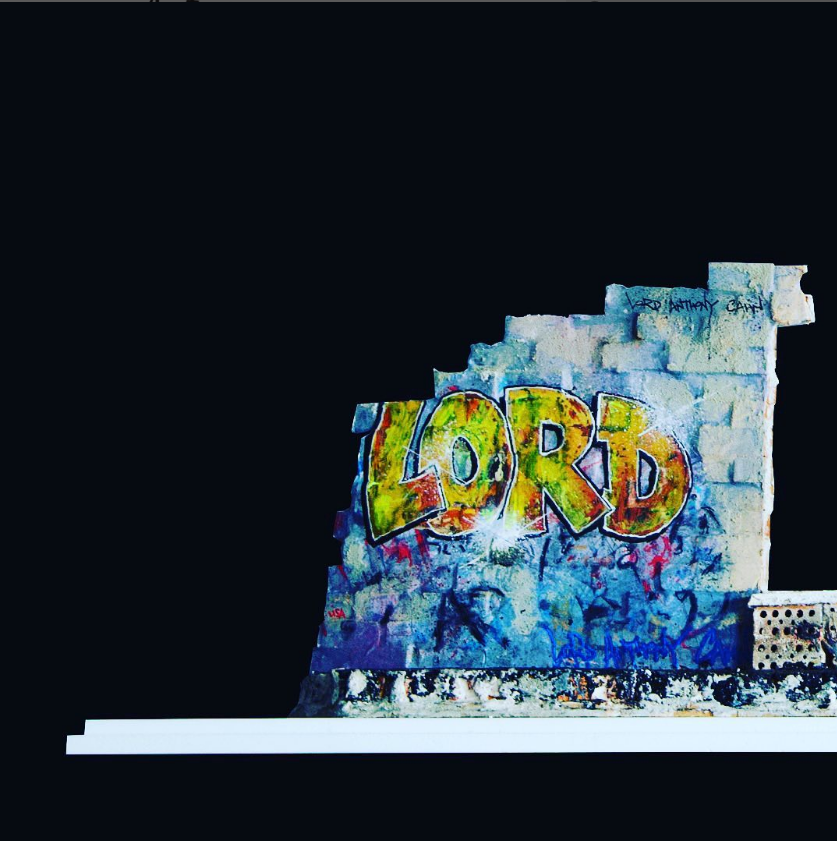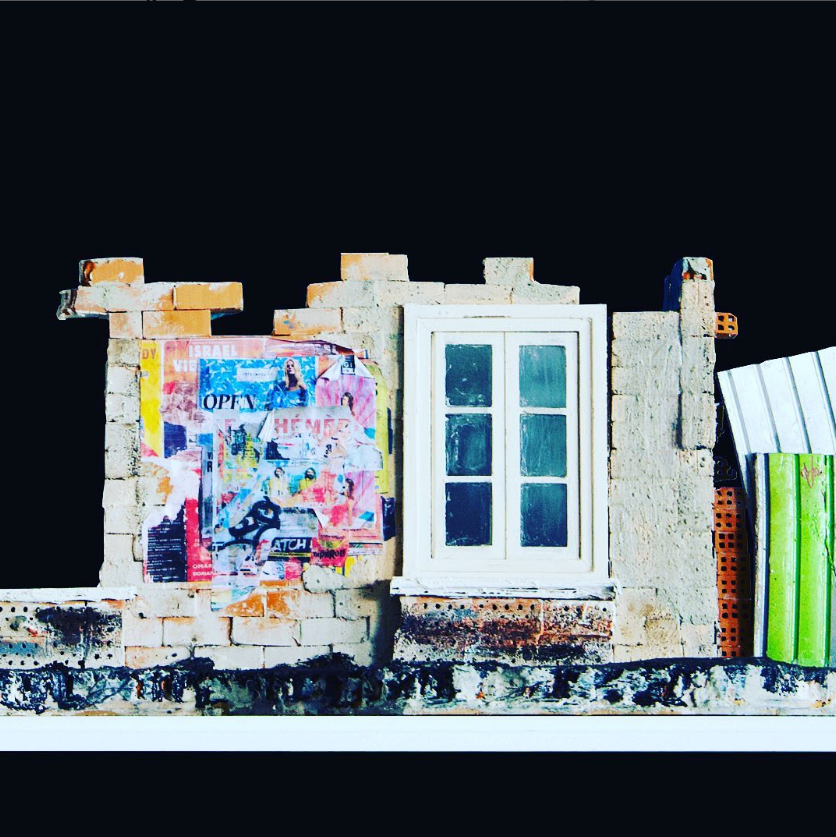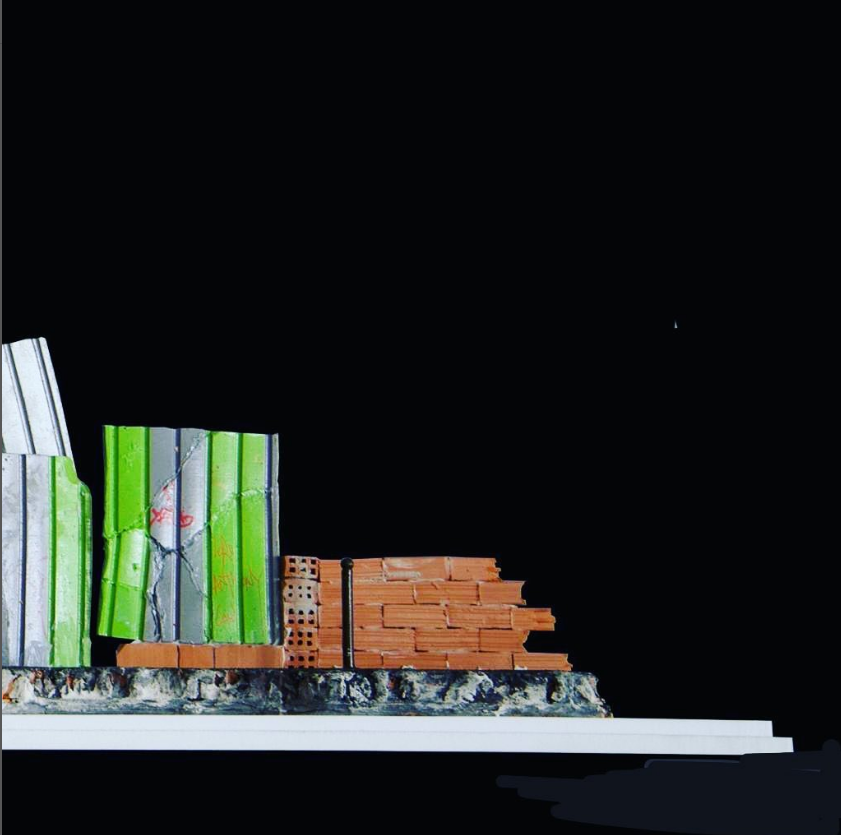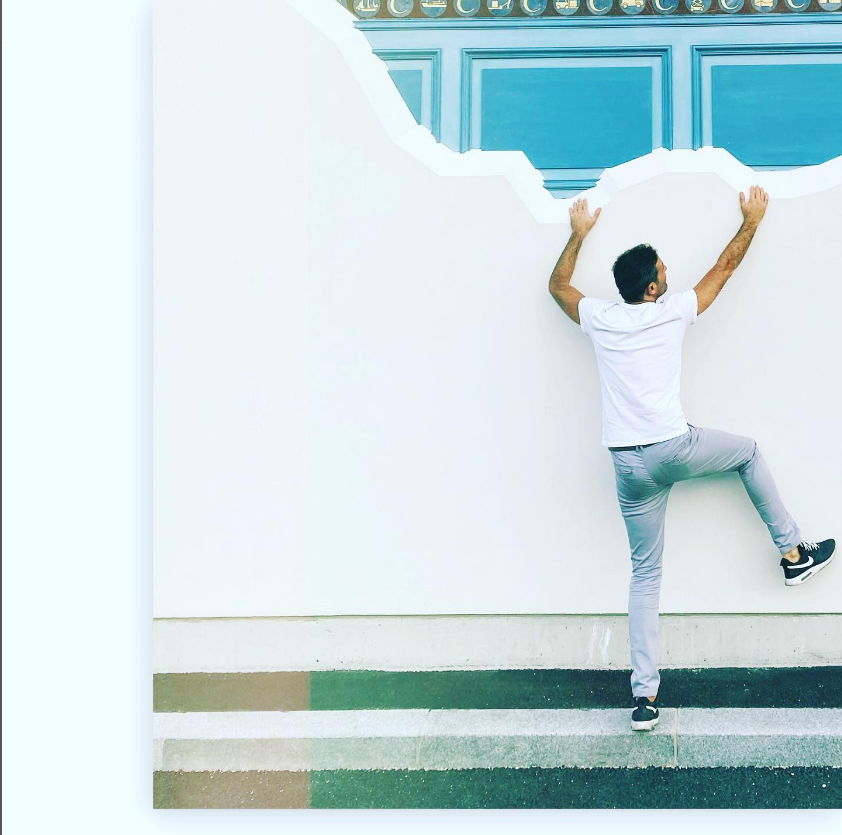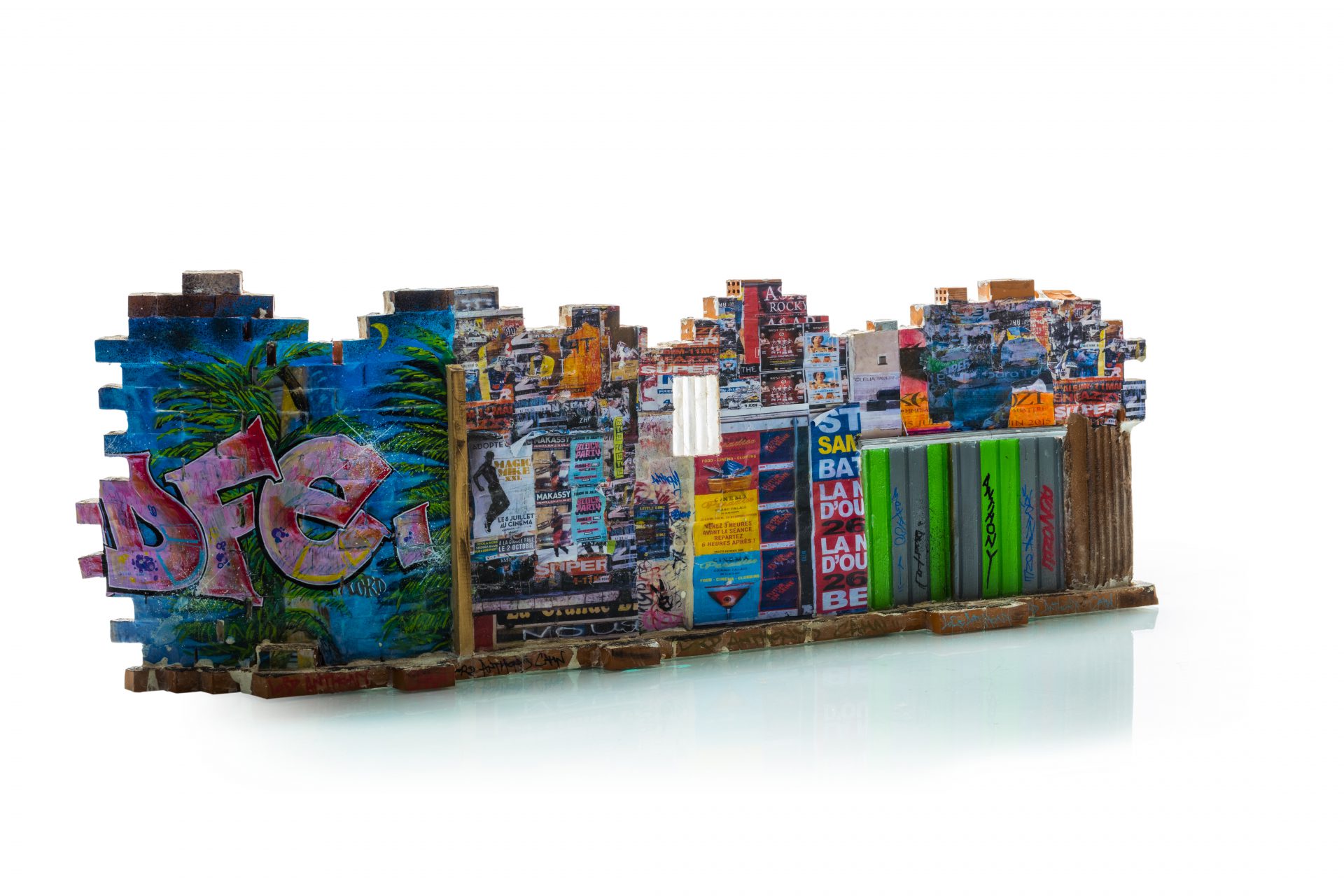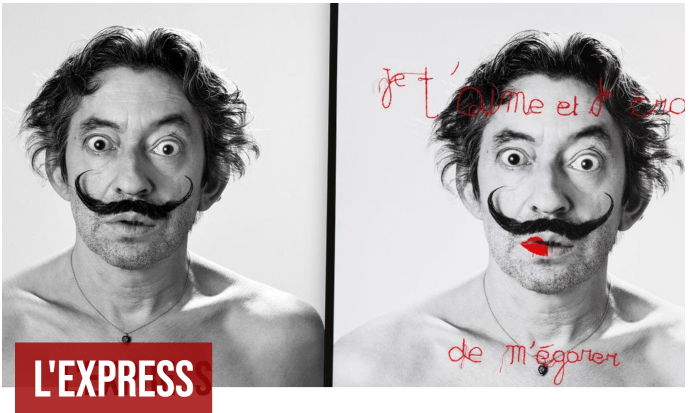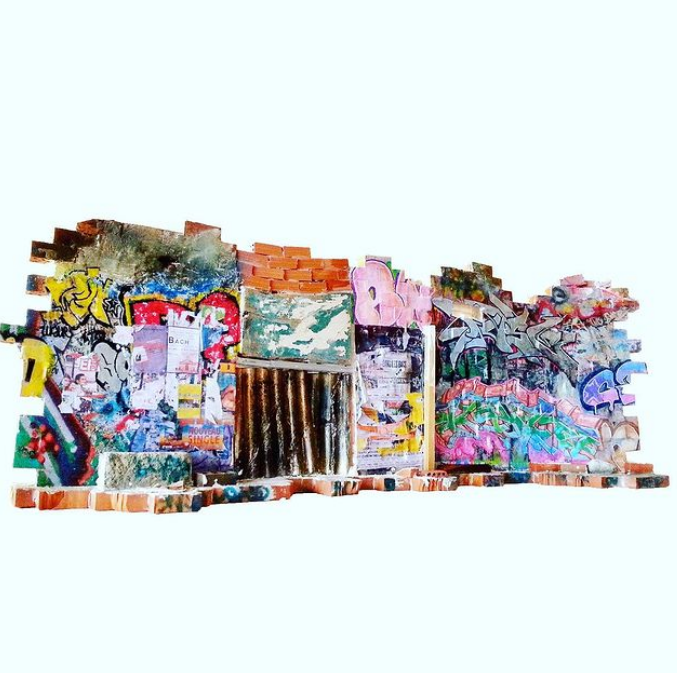
Lord Anthony Cahn
The artist
On January 16, 1977, Lord Anthony Cahn was born in Paris.
Shop windows, subways, construction sites, he takes the street as a palette of endless creation and the street adopts him back.
From a not very academic training, art history to sculpture through jewelry, he discovers instruments which inspire him.
In his work, a common thread: walls.
Passage places, past life witnesses, borderlines During his travels, the artist transcribes, beyond the paintings, the soul and the atmosphere of each city’ walls. Nostalgic softness of memories of a Morocco or a Brazil warm emanating from his works, as totems loaded with history and feelings.
Brick, wood, metal, glass, Plexiglas, materials multiply and constantly renew themselves. The aesthetics of the old advertising signs of his youth and the handpainted shop windows are confronted to the current urban landscape, invaded and visually damaged. Scraps of posters and wallpapers are torn off, debris and end of stocks are recovered, along frenetic energy, raising them in fragments of a fetishized reality.
He leaves his mark on the city as a space of expression and exhibition, from France, Mexico to the United States, from Israel to Italy, letting cultures, languages and writings
become embroiled.
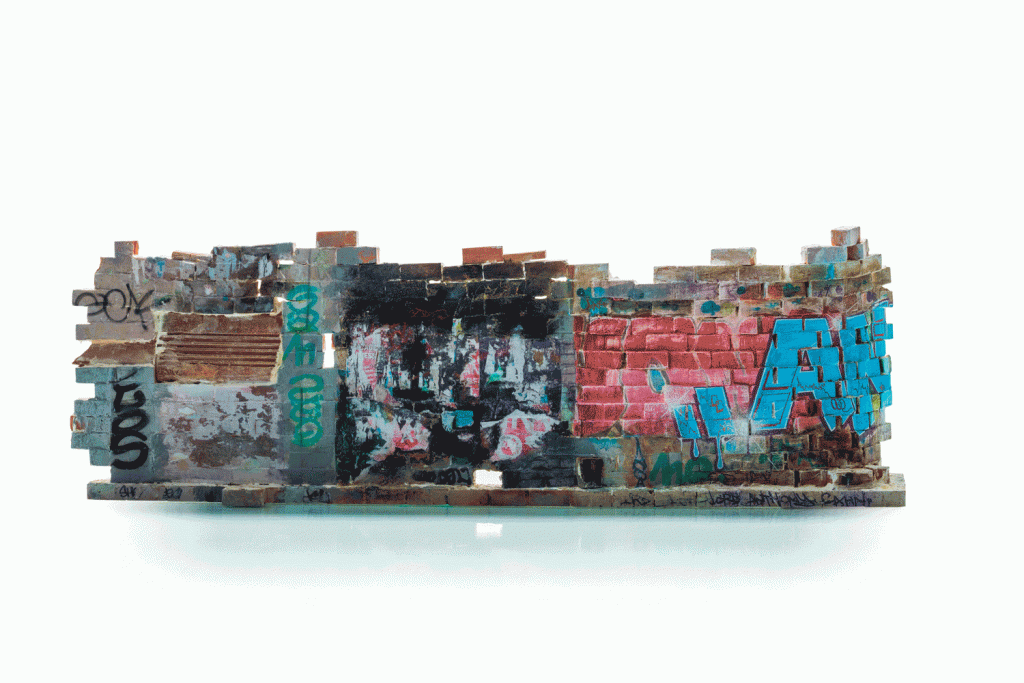
The Artist
From a desire to make his own the urban landscape, the wall’s quest takes concrete form. Since 2008, he materializes walls by reconstructions, putting them in another dimension.
Whether miniature or monumental, indoors or outdoors, the artist recreates places, atmospheres and lyricism found in various streets, neighborhoods and cities which inspire him. Those sculptures represent worn out facades, shaped, covered with posters, graffiti, collages. Consistent with time and space, they question and highlight paradoxes and ambivalences.
Pledge of intimacy or means of exposure, functions become entangled. These works drawn, painted, tagged, and built like an era, show proof of a work on memory and emotions.
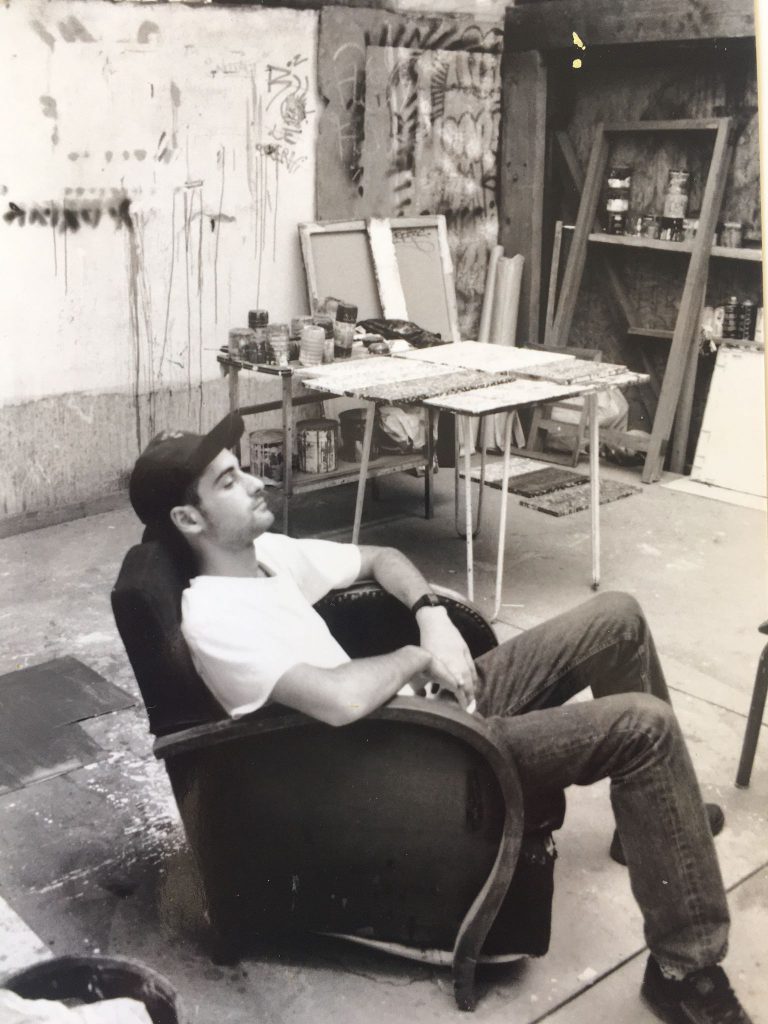
Patrick Modiano
Rue des boutiques obscures
Michel Audiart
Le corps de mon ennemi

